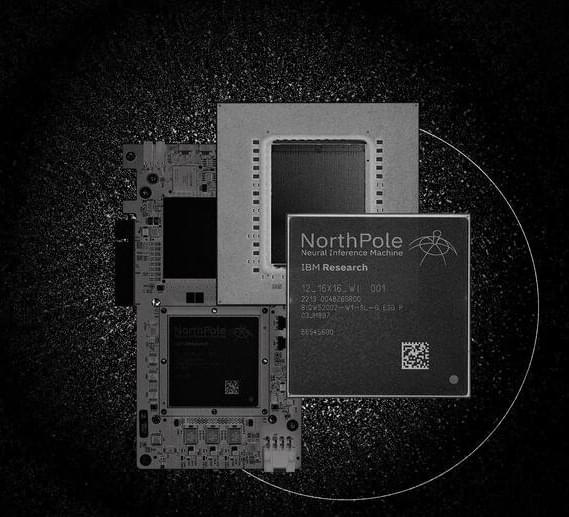Influencer makes AI clone of herself. But it turns out badly.
Caryn Marjorie is a social media influencer whose content has more than a billion views per month on Snapchat. She posts regularly, featuring everyday moments, travel memories, and selfies. Many of her followers are men, attracted by her girl-next-door aesthetic.
In 2023, Marjorie released a “digital version” of herself. Fans could chat with CarynAI for US$1 per minute – and in the first week alone they spent US$70,000 doing just that.
Less than eight months later, Marjorie shut the project down. Marjorie had anticipated that CarynAI would interact with her fans in much the same way she would herself, but things did not go to plan.





